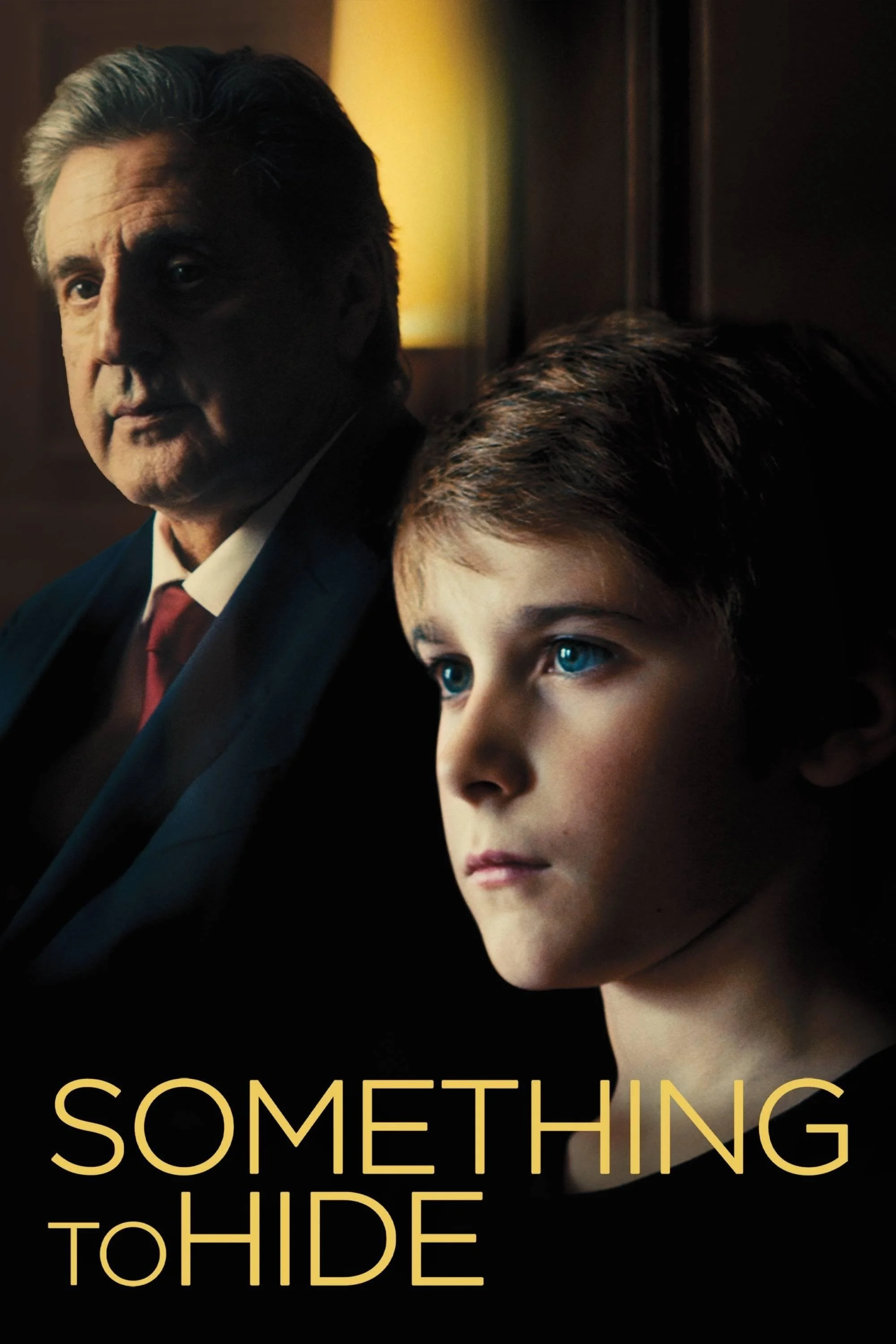Something To Hide Tv Series Review
A somber image of Claude (Daniel Auteil) and his grandson, Lucas (Alex Terrier-Thiebaux).
“Something to Hide” (2020) is an intimate family drama and a scathing indictment of France’s legal system vis-a-vis charges of child sex abuse. The subject matter is a specialty of writer-director Vincent Garenq, who presented a fictional account of a different case in his 2011 feature film “Presume Coupable”. Although pedophilia is a heinous crime, defendants are still entitled to a presumption of innocence. Presumed guilty, however, seems to be the default position of the French authorities. That mindset is certainly evident in “Something to Hide”. Based on Christian Iacono’s memoir, the mini- series fictionalizes his 15-year struggle to clear himself of sex abuse charges leveled by his grandson.
The series opens with the arrest of Claude Arbona (Daniel Auteil), respected mayor of a small town on France’s Cote D’Azur. Stunned by the charges against him, Claude searches his memory for a justification. This sets up a thirty-minute flashback that is a masterclass in streamlined cinematic narrative. The fractured relationship between Claude and his son, Pierre (Benjamin Bellecour), the fragile emotional state of Pierre’s wife, Corinne (Maud Imbert), Pierre and Corinne’s inevitable divorce, its deleterious effect on their son Lucas (Alex Terrier-Thiebaux), a bruising lawsuit brought by Claude and his wife to ensure grandparents’ visitation rights – the entire gamut of dysfunction is covered without haste or superficial judgement.
Nine-year-old Lucas feels helpless and neglected while shuttling between his mother’s apartment, his father’s new home, and his grandparents’ place. Intuiting his father’s contempt for his grandfather, he concocts the sexual charges. How is a child able to convincingly describe an act of sodomy? The power of suggestion plays a pivotal role in “Something to Hide”. When Lucas exhibits destructive behavior, it is his mother who asks “Did something happen at Grandpa’s? Did he touch you?”. The leading questions continue at the police station. The investigating officer asks Lucas if the encounter was filmed, were other men involved, etc. With each interrogation, Lucas’s tale becomes more elaborate.
The flagrant presumption of guilt and the failure to discern obvious discrepancies in Lucas’s story are infuriating. Writer-director Garenq saves his ire for the justice system but spares Lucas. He shows that the child, and accuser, is just as damaged by the whole process as the accused. While Claude spends the following 15 (!) years in-and-out of jail as his case glacially moves through the courts, Lucas grows into a troubled young man. Unable to hold down a job or care for his son, Lucas (now played by Victor Meutelet) attempts suicide. His aunt Lea (Charlie Bruneau), generous and forgiving, is the conduit for Lucas to reintegrate into the family. As Lucas recovers his mental acuity, he is finally able to face the lie and demand the case against his grandfather is dismissed.
Other than the opening flashback, “Something to Hide” proceeds in a straightforward, documentary fashion. One detail is held back until the final episode, however. Corinne, Lucas’s mother, was raped as a child. Her trauma, and the generalized anxiety about pedophilia present in all the adults, has influenced her child. The other factor that sustains Lucas in his lie is the attention and affection he garners from his parents once he implicates his grandfather. Lesson learned, Lucas goes on to falsely accuse a bullying classmate of the same crime. In that instance, however, the authorities easily debunk his claim.
None of this means that children should never be trusted. Claude’s legal nightmare demonstrates, however, that sex abuse claims should be thoroughly investigated and the context of complex familial relationships cannot be ignored. As Claude painfully acknowledges, “My greatest ordeal was caused by the one I loved the most.”
Content copyright © 2025 by Angela K. Peterson. All rights reserved. This content was written by Angela K. Peterson. If you wish to use this content in any manner, you need written permission.

